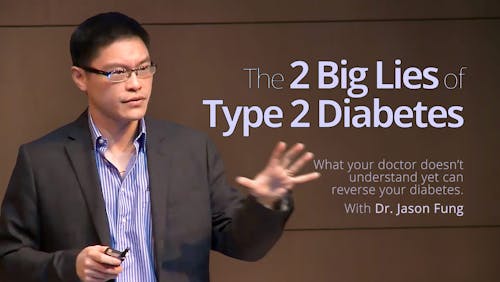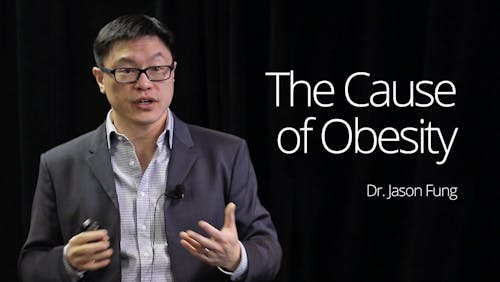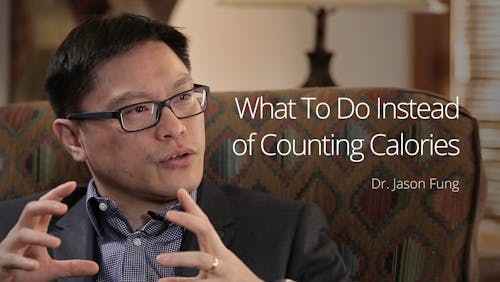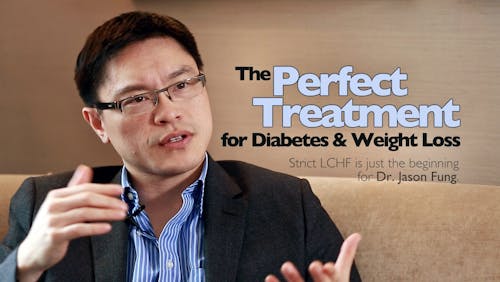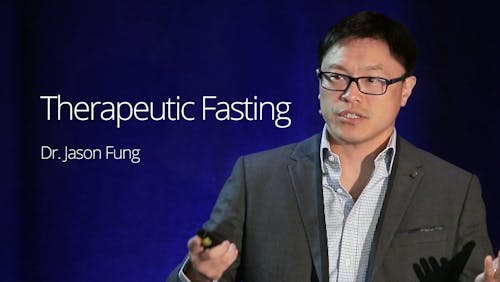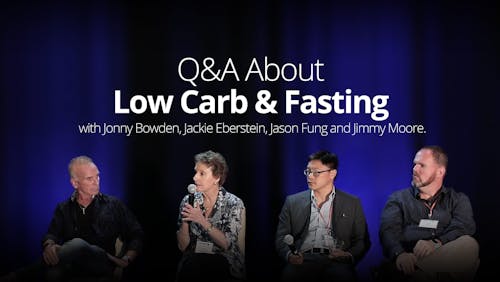Is eating breakfast important for heart health?

I love the scene from the movie Deadpool when Colossus (the metal X-men character) states in his Russian accent, “You ate breakfast, yes? Breakfast is most important meal of day.” If the X-men are saying it, it must be true, right?
Of course, we now know that breakfast being labeled the most important meal of the day was a marketing campaign with no high-quality evidence to support it. Instead, evidence shows time restricted eating or intermittent fasting is beneficial for insulin sensitivity, weight loss, and possibly even longevity, and low-carb eating helps us achieve that.
Natural daytime variations in insulin sensitivity (with evidence dating back to the 1970s) suggest having a small breakfast, big lunch and skipping dinner may be the best way to eat from this standpoint. Many of us (myself included), however, choose instead to skip breakfast and eat lunch and/or dinner as our only meals, as this fits better into the schedule of our lives. Fortunately, one of the benefits of low-carb eating is that the increased satiety makes time restricted eating much easier to do.
A new study from JACC is being promoted as “evidence” that skipping breakfast is harmful and perhaps they were right all along about breakfast being the most important meal of the day. Unfortunately, the quality of the evidence is so poor that it does not meaningfully contribute to the discussion. But that didn’t stop the headlines:
CNN: Skipping breakfast tied to higher risk of heart-related death, study finds
As we have discussed many times, nutritional epidemiology studies that rely on faulty food frequency questionnaires rarely provide information to prove cause and effect. The majority of the time, the data is weakened by healthy user bias, confounding variables, and low statistical association. This study was no different.
The study claims that those who never ate breakfast had a significant increase in the risk of cardiac mortality compared to those who regularly eat breakfast, although there was no association with all-cause mortality. The study also shows, however, that those who never ate breakfast were also more likely to have diabetes, more likely to have a BMI above 30, more likely to be physically inactive and more likely to be former smokers. With risk factors like that, is there any surprise that they had a higher cardiac mortality? What other unhealthy attributes and activities did they have? It’s foolish to think we can statistically control for differences like these.
One of the most concerning parts of the study, however, is that the researchers did not specify any timing of eating. Were the breakfast skippers eating all night until midnight and having “lunch” at 11am? Were the breakfast eaters finishing their evening meal at 6pm and having breakfast at 10am? That makes a big difference for interpreting the data, but that information was not provided. For example, a prior study that suggested skipping breakfast increased cardiovascular events actually showed a higher association for those who ate late at night compared to those who skipped breakfast. The details matter.
In the end, we are once again left with a study that is getting plenty of news hype but doesn’t meaningfully contribute to a scientific or practical discussion of health. There is nothing magical about eating breakfast and there is no credible evidence that proves it is harmful to skip it. In the end, we should continue to eat low carb, eat well and eat when we are hungry.
Thanks for reading,
Bret Scher, MD FACC
